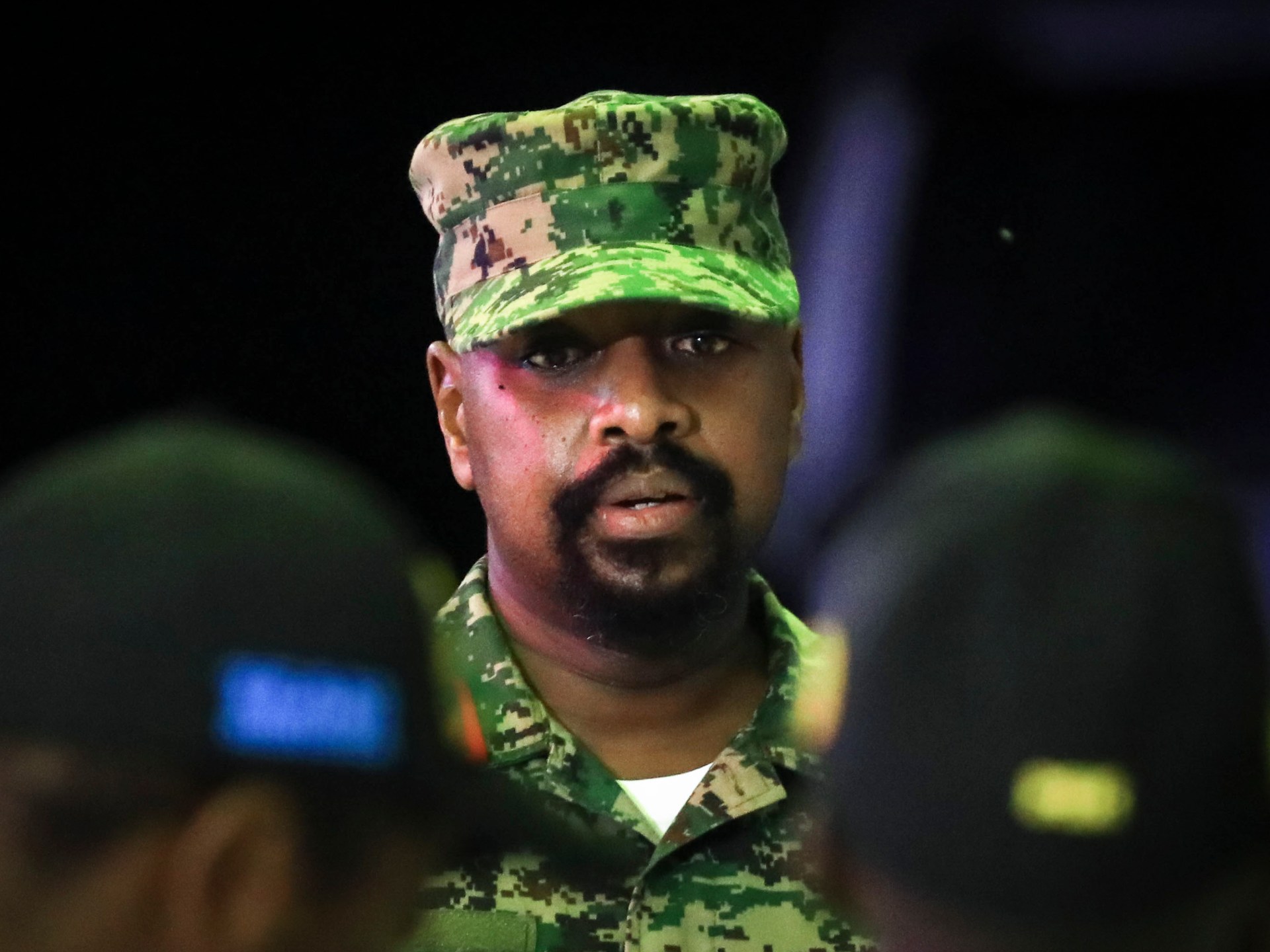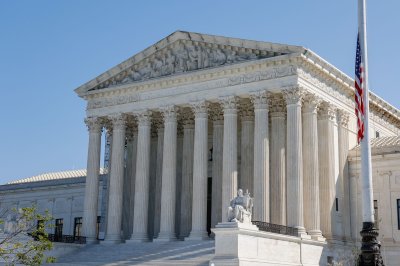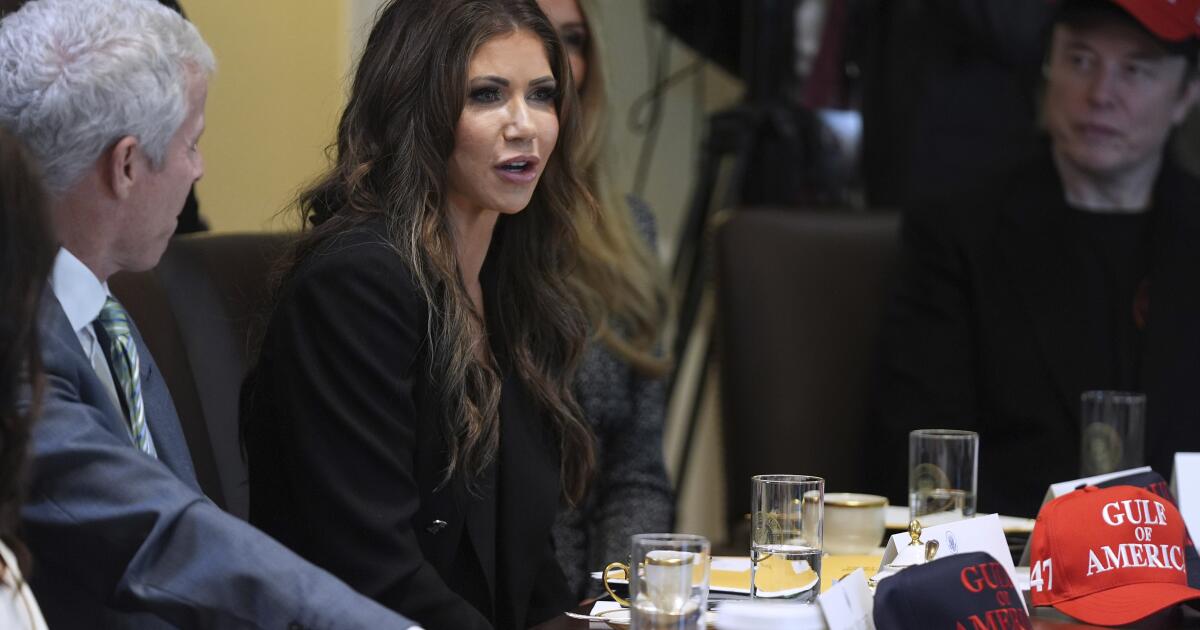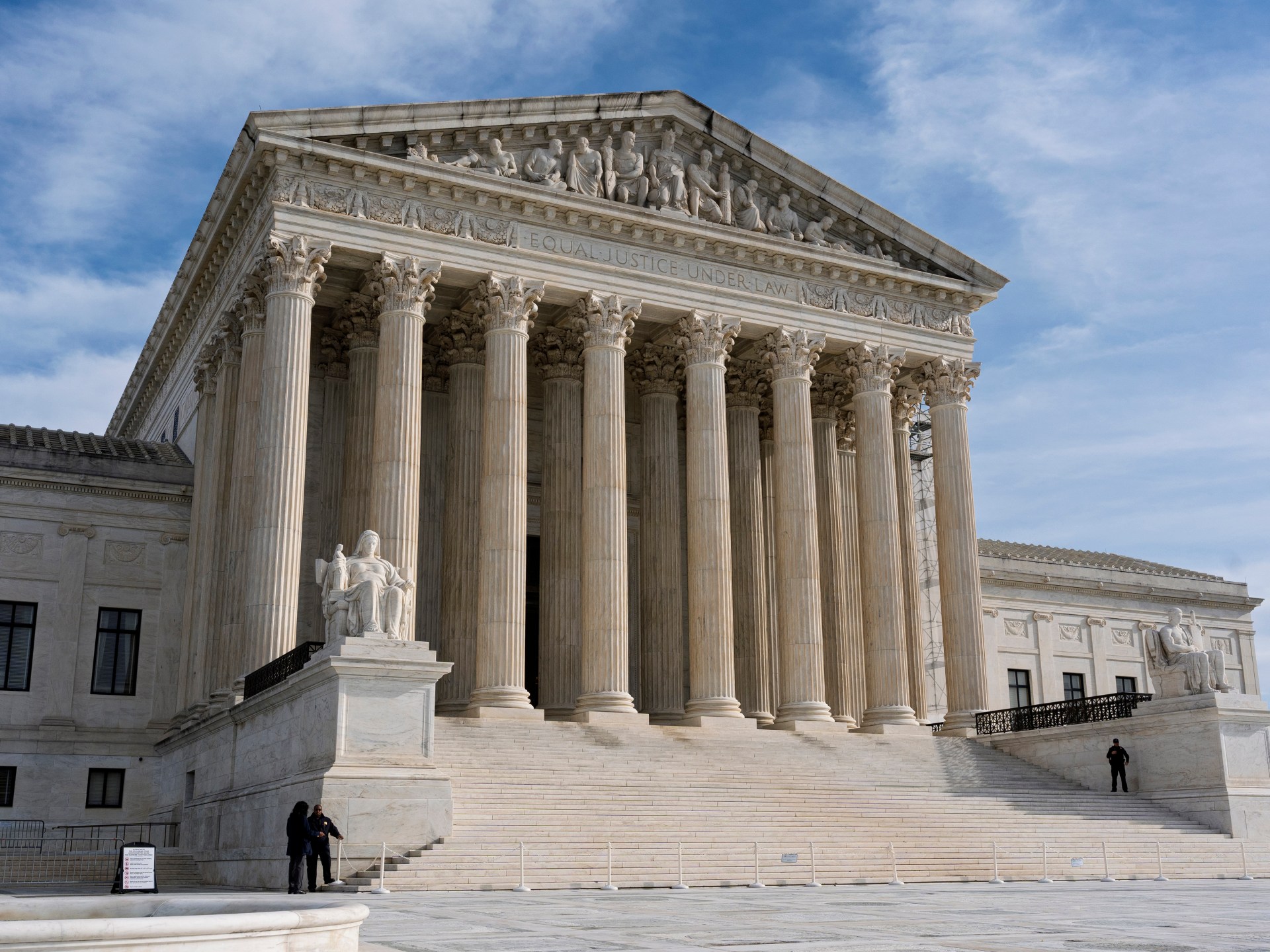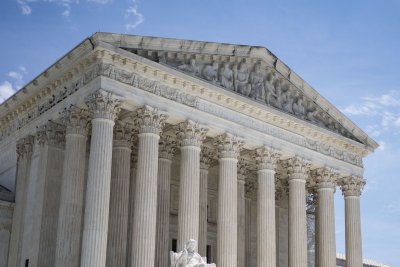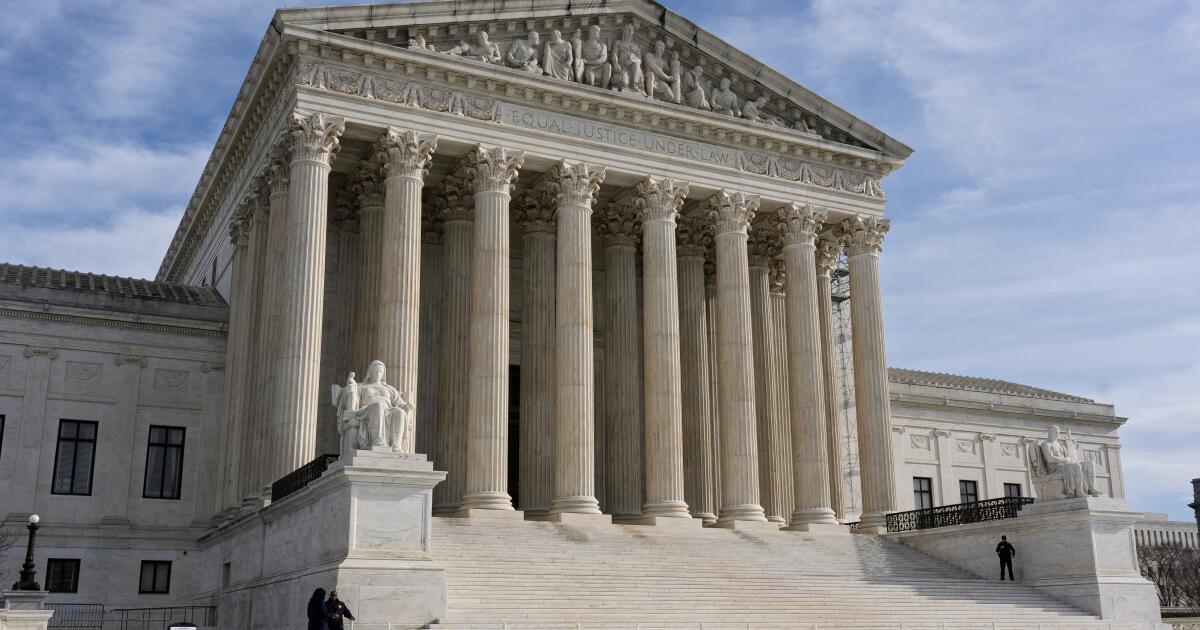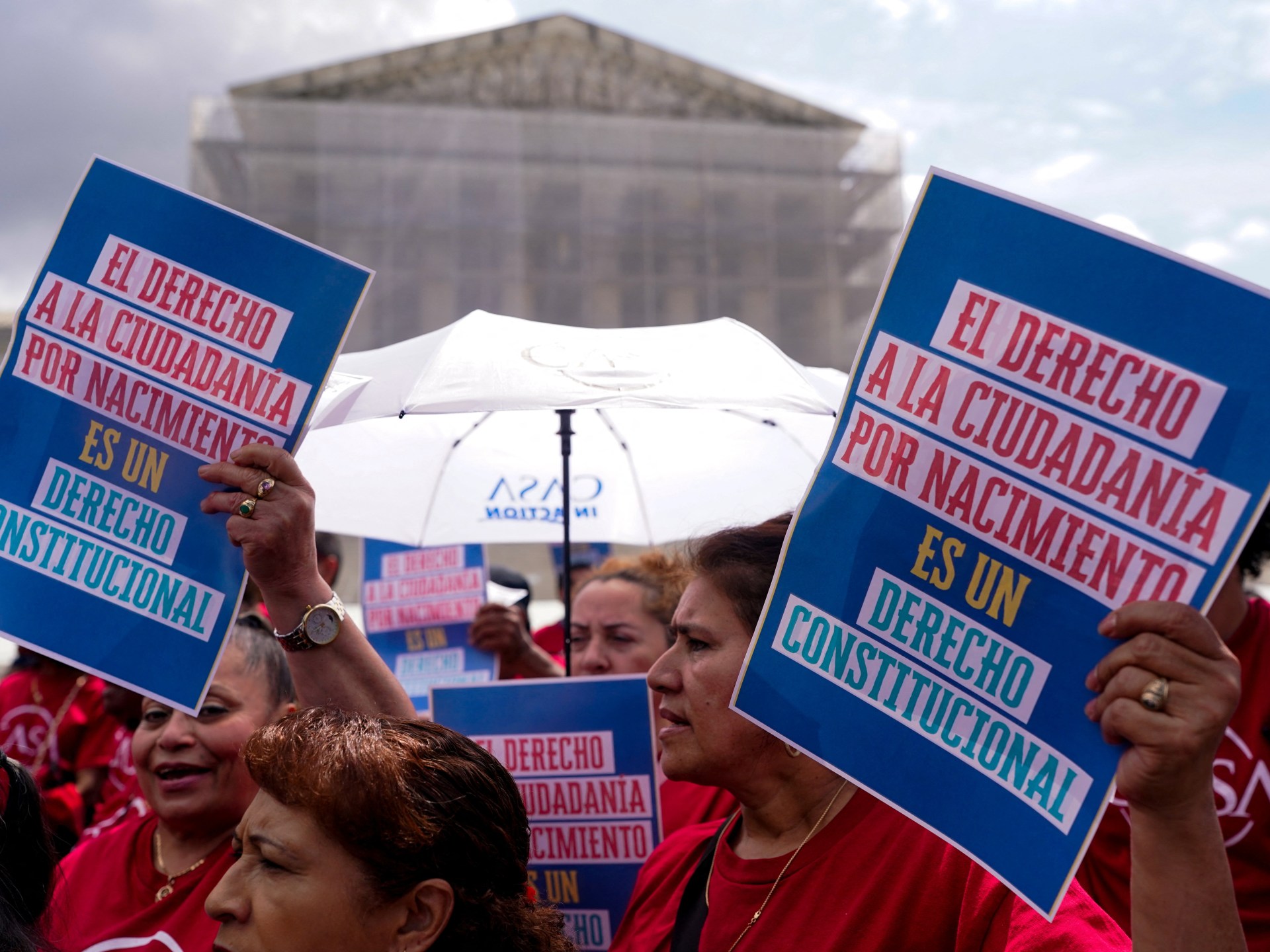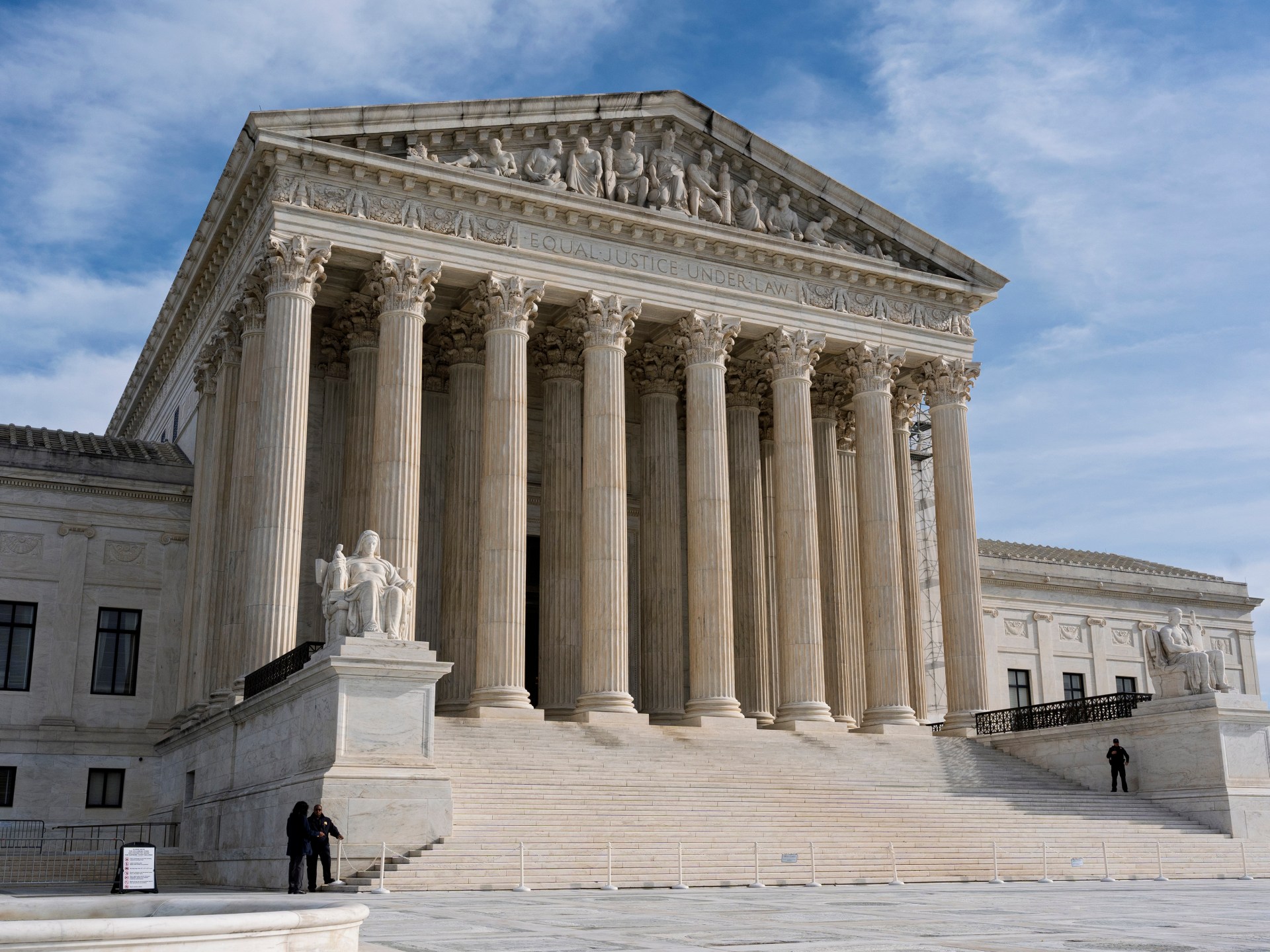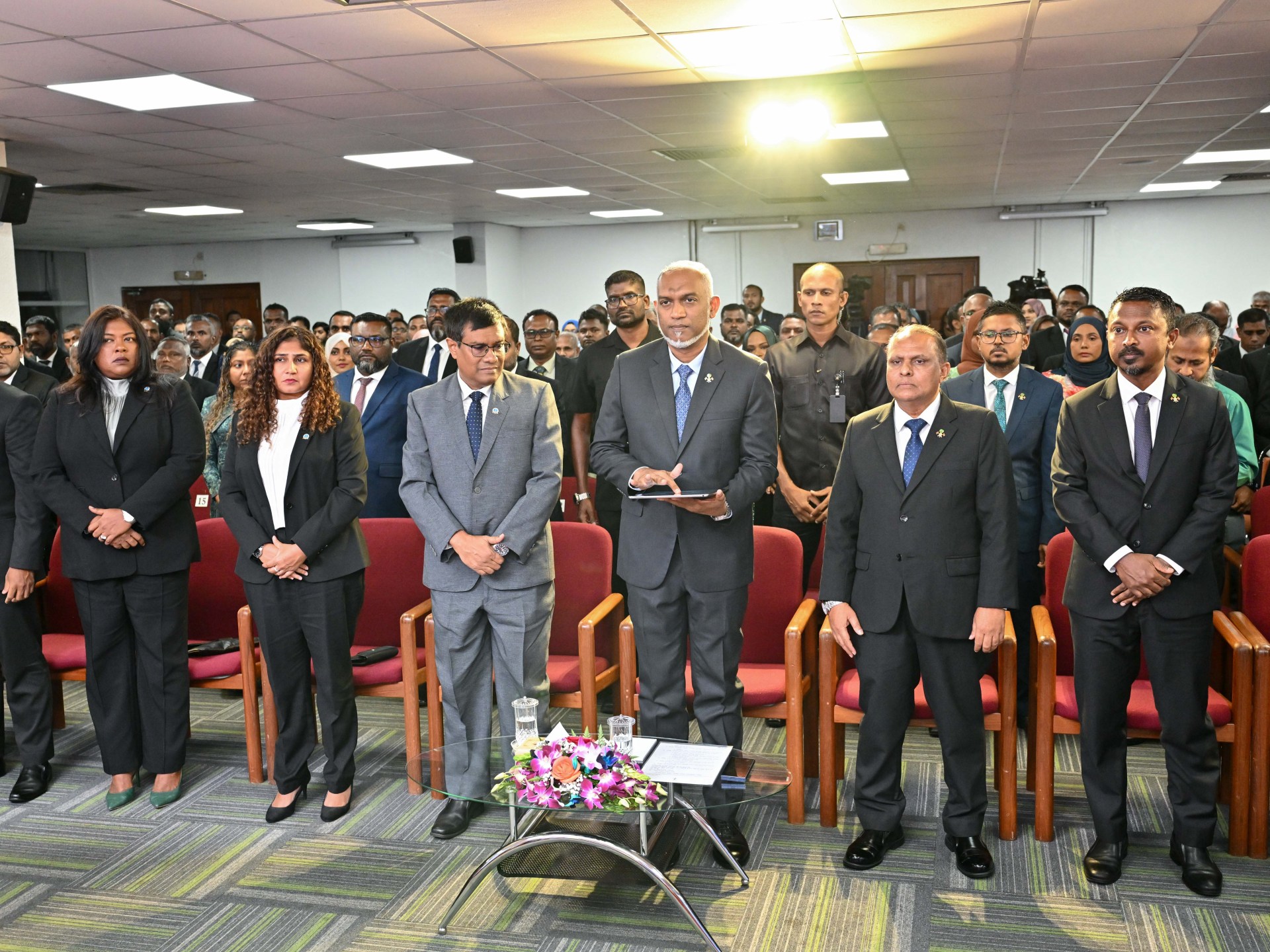Uganda confirms military trials for civilians despite Supreme Court ruling | Courts News
President Yoweri Museveni’s government has frequently defended military trials, citing national security concerns.
Uganda’s parliament has passed a controversial bill authorising military tribunals for civilians, drawing condemnation from opposition figures and rights groups, who accuse the government of trying to silence opponents, which it denies.
The practice has long been used in Uganda, but was struck down by the country’s top court in January. The Supreme Court had ruled that the military tribunals lacked legal competence to try civilians and failed to meet fair trial standards.
Despite that ruling, lawmakers moved ahead Tuesday with the legislation, which permits civilians to be tried in military courts.
“Today, you proved you are fearless patriots! Uganda will remember your courage and commitment,” said General Muhoozi Kainerugaba, head of the military and son of President Yoweri Museveni, in a post on X.
Earlier this month, Kainerugaba said that he was holding a missing opposition activist in his basement and threatened violence against him, after the man’s party said he was abducted.
Museveni’s government has frequently defended military trials as necessary for national security amid concerns about armed opposition and alleged threats to state stability.
Military spokesperson Chris Magezi said the legislation would “deal decisively with armed violent criminals, deter the formation of militant political groups that seek to subvert democratic processes, and ensure national security is bound on a firm foundational base”.
But critics say the move is part of a broader pattern of repression. “There’s no legal basis to provide for the trial of civilians in the military court,” opposition MP Jonathan Odur told parliament during debate on the bill. He described the legislation as “shallow, unreasonable and unconstitutional”.
Uganda has for years used military courts to prosecute opposition politicians and government critics.
In 2018, pop star-turned-opposition-leader Bobi Wine was charged in a military court with illegal possession of firearms. The charges were later dropped.
Kizza Besigye, a veteran opposition figure who has challenged Museveni in multiple elections, was arrested in Kenya last year and returned to Uganda to face a military tribunal.
Following the Supreme Court’s January ruling, his trial was moved to a civilian court. His party, the People’s Front for Freedom (PFF), has denounced the charges as politically motivated.
Human Rights Watch (HRW) has previously criticised Uganda’s military courts for failing to meet international standards of judicial independence and fairness.
Oryem Nyeko, senior Africa researcher at HRW, said earlier this year: “The Ugandan authorities have for years misused military courts to crack down on opponents and critics”.
